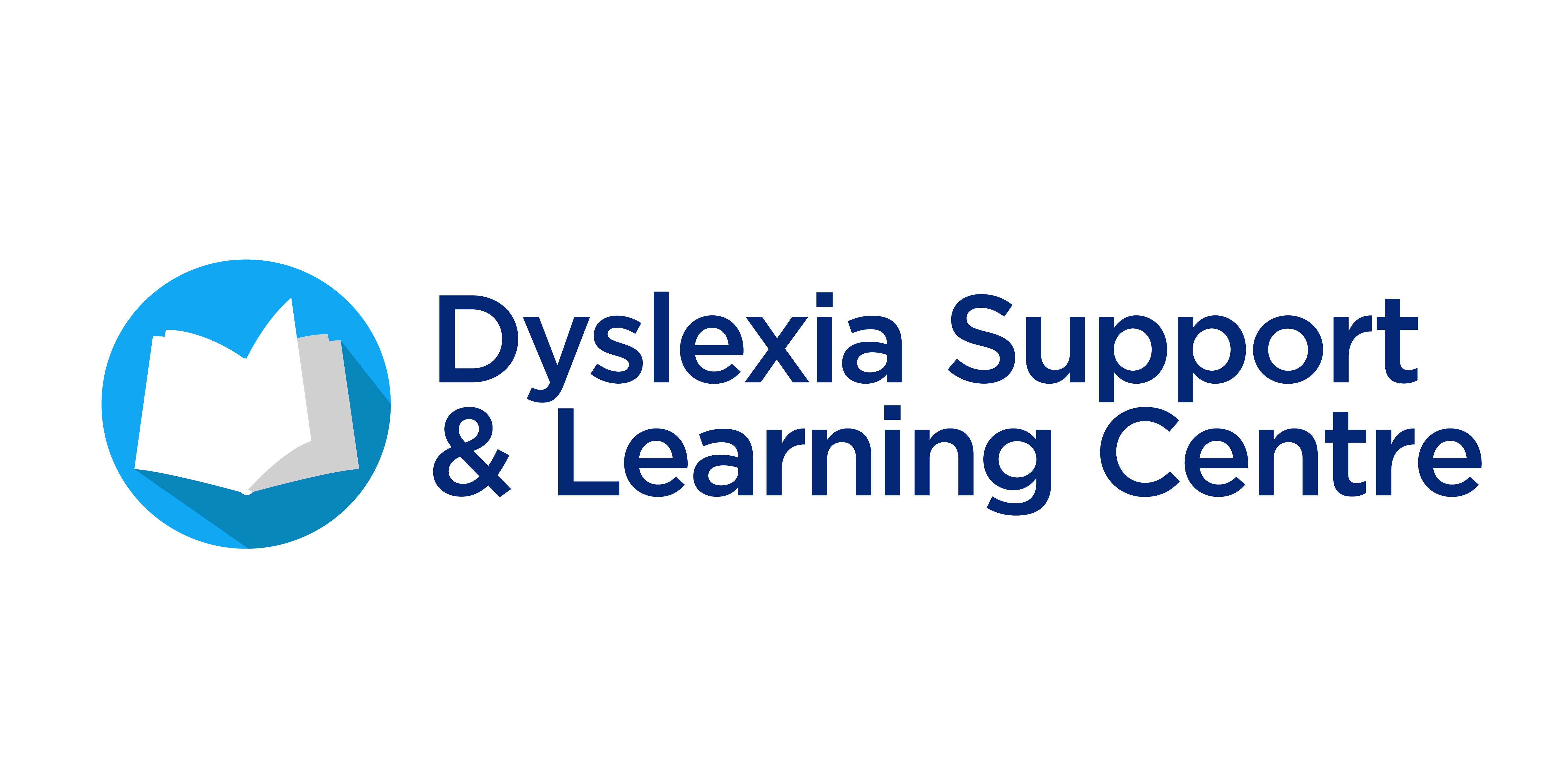About Our Services
We provide learning and support for children and adults with learning difficulties. We specialise in supporting and improving literacy skills which includes reading, spelling and writing.
What Is Dyslexia?
Dyslexia simply means ‘difficulty with words’ but there are many useful definitions and indicators of Dyslexia. The British Dyslexia Association describes dyslexia as a learning difficulty which primarily affects reading and writing skills. However, it does not only affect these skills. Dyslexia is actually about information processing. Dyslexic people may have difficulty processing and remembering information they see and hear, which can affect learning and the acquisition of literacy skills. Dyslexia can also impact on other areas such as organisational skills.
Support for Specific Learning Difficulties (SPELD) NSW uses the working definition:
“An unexpected difficulty in acquiring basic skills, despite adequate opportunity for learning and ability appropriate strengths in other areas”
In other words, a child seems slow to develop reading, writing, spelling and/or number even though:
They have been taught in a way that was worked for others
They are as good as others of the same age at many things
Dyslexia is also known (and diagnosed as a “Specific Learning Disorder in Reading” and can prevent children from learning at an ability-appropriate level.
So at home a dyslexic child:
Often understands all sorts of complicated ideas
Can explain them effectively
Very rarely puts them down on paper
In school they may:
Demonstrate understanding of the topic and/or concept during group work etc
Displays unexpected problems when it comes to getting ideas down on paper
Spend hours learning the words either to forget them as soon as the test starts, OR
Manage to remember the words for the actual test but spell them incorrectly when writing
Homework tasks like learning for tests or worksheets may take disproportionate length of time in relation to the successes achieved
A Specific Learning Disorder in Reading can often appear along side other diagnoses and challenges, these may include Attention Deficit Disorder and a Specific Learning Disorder in Written Expression.

Years in Business
Happy Students
Accredited teachers
We teach using
Multisensory Structured Language (MSL)
MSL includes the principles of scientific reading research but goes one step further with addition of the multisensory component. The multisensory component is what makes MSL different to other traditional reading and spelling programs. The MSL Orton Gillingham approach is considered the golden standard and assists ALL children including children who have been identified with dyslexia or a related difference.
Individuals with dyslexia or a related difference require explicit, direct, and systematic instruction in both oral and written language. (National Reading Panel 2007) (Australian Dyslexia Working Party document 2010) (National Inquiry into the Teaching of Literacy 2007)
Effective MSL techniques include:
Explicit Instruction
Must directly teach the alphabetical principle (letter-sound system)
Systematic Instruction
Has a definite logical sequence of concept introduction, ordered from simple to more complex (synthetic and analytic).
Structured, Multi sensory
Structured and Multisensory delivery of language content is characteristic of effective instruction.
Flexible
Since dyslexia occurs on a continuum a specialised teaching approach is best, rather than a program or method which does not allow flexibility.
Diagnostic Teaching
The teacher continually assesses their student’s ability to understand and apply learned concepts. If it is discovered that a previously taught concept is confused, it is retaught. Individuals with dyslexia may require instruction of greater intensity and duration than typically developing readers and writers.
Cognitive-Dual Route Approach
Instruction needs to consider lexical and non-lexical pathways and the cognitive and linguistic processes involved in learning to read.
Visual recognition instruction is required
Irregular words are estimated to make up 10% of the English language. Many of these words occur in early reading experience. Irregular words need to be taught directly and explicitly. Ample exposure and practice is required to strengthen the visual memory “word bank” for irregular words both for reading and spelling.
Effective reading instruction by trained teachers
- Phonemic awareness
- Phonics (synthetic and analytic)
- Accuracy and Fluency
- Vocabulary
- Comprehension
- As well as writing and spelling.
Ready to get started?
If you would like to add your child to the waitlist, please get in touch using our contact form. We offer initial phone consultations by request.
